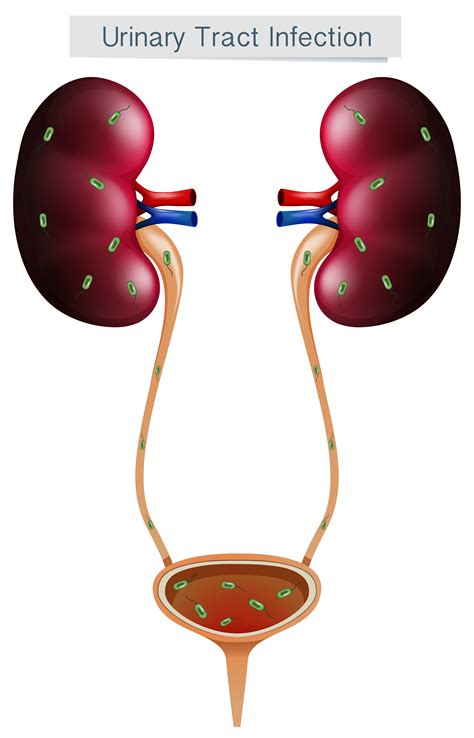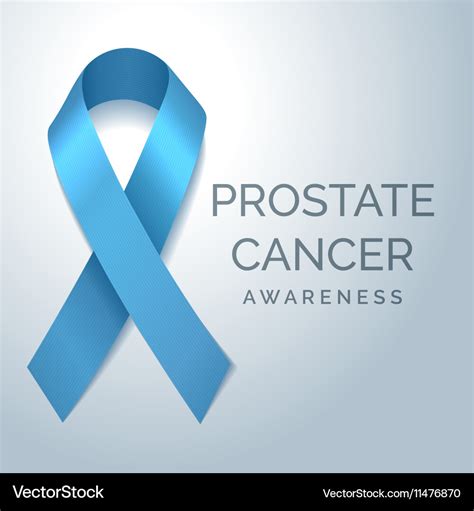What are some common early warning signs of prostate cancer that men should be aware of?

Prostate cancer is one of the most common cancers among men worldwide, yet its early symptoms can often be subtle, non-specific, or even absent. Understanding these potential early warning signs is crucial for timely diagnosis and improved treatment outcomes. While many of these symptoms can also be attributed to benign conditions like Benign Prostatic Hyperplasia (BPH) or urinary tract infections (UTIs), consulting a healthcare professional upon their appearance is always recommended.
Urinary Changes: The Most Common Indicators
The prostate gland surrounds the urethra, the tube that carries urine from the bladder out of the body. Consequently, changes in urinary habits are frequently among the first signs that men might notice. These changes occur as an enlarging prostate, whether cancerous or not, puts pressure on the urethra.

1. Frequent Urination, Especially at Night (Nocturia)
One of the most commonly reported symptoms is the need to urinate more often than usual, particularly waking up multiple times during the night to use the bathroom. This can be due to the prostate pressing on the bladder, reducing its capacity or irritating it.
2. Weak or Interrupted Urine Flow
Men might notice that their urine stream is weaker than before, or that it starts and stops multiple times during urination. This is a direct result of the urethra being constricted by the enlarged prostate.
3. Difficulty Starting or Stopping Urination
Hesitancy, or having trouble initiating the urine flow, even when feeling a strong urge, is another sign. Similarly, difficulty in stopping the flow completely, leading to dribbling, can occur.
4. Pain or Burning During Urination
While often associated with UTIs, pain or a burning sensation during urination (dysuria) can sometimes be a symptom of prostate issues, including cancer, though it’s less common as an early, isolated sign of cancer.

Other Less Common, But Serious, Signs
While urinary symptoms are most typical, some other signs, though less common in the very early stages, warrant immediate medical attention.
5. Blood in Urine or Semen (Hematuria/Hematospermia)
Finding blood in your urine (hematuria) or semen (hematospermia) is a serious symptom that, while often benign, must be investigated by a doctor immediately. It can be a sign of various conditions, including prostate cancer.
6. Pain or Discomfort in the Pelvic Area
Persistent pain or stiffness in the lower back, hips, pelvis, or upper thighs, if not related to an injury, could potentially be a sign, though these often suggest more advanced disease where cancer has spread to the bones.

When to Consult a Doctor
It’s vital to remember that experiencing one or more of these symptoms does not automatically mean you have prostate cancer. Many of these issues are more frequently caused by non-cancerous conditions like an enlarged prostate (BPH) or infections. However, ignoring them is not advisable.
The key is to discuss any persistent or worsening symptoms with your doctor. They can perform a physical examination, potentially including a digital rectal exam (DRE), and order blood tests like the Prostate-Specific Antigen (PSA) test. These diagnostic tools are essential for determining the cause of your symptoms and guiding appropriate next steps, which may include further imaging or a biopsy.

Risk Factors and Proactive Health
While symptoms prompt a visit, understanding risk factors is also crucial. These include age (risk increases significantly after age 50), family history (a father or brother with prostate cancer), and ethnicity (African American men have a higher risk). Regular check-ups and discussions with your doctor about screening options, especially if you have risk factors, are important for proactive health management.

Conclusion
Early detection of prostate cancer significantly improves prognosis. While many early signs are subtle and can mimic less serious conditions, paying attention to changes in your urinary patterns and overall health is paramount. Do not hesitate to speak with your healthcare provider if you experience any concerning symptoms. Proactive communication and regular medical evaluation are your best tools in maintaining prostate health and overall well-being.









